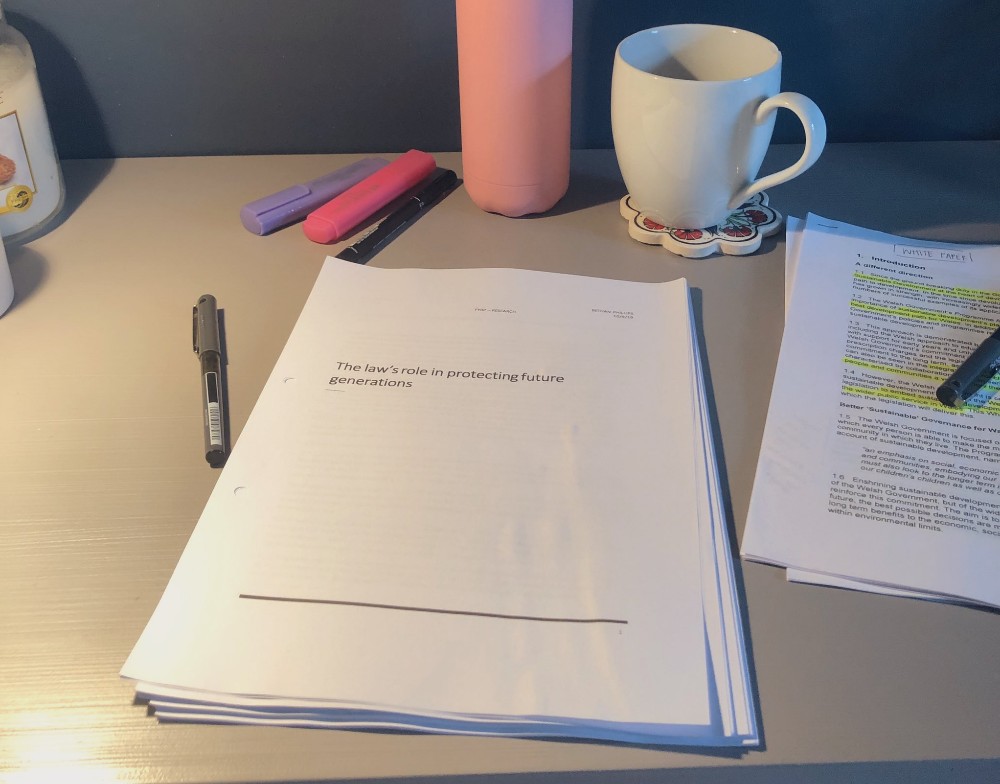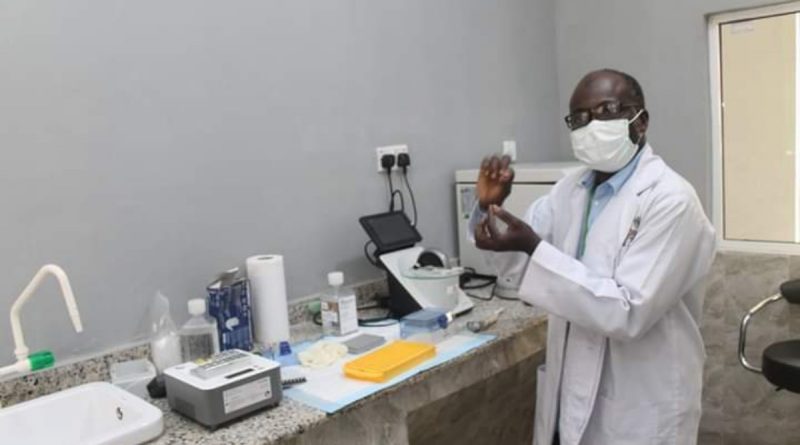Incentivising Investments for Research and Development In Nigeria
By Mohammed Dahiru Aminu
…would it be possible for the government to incentivise for investments in R&D from the private sector by granting concessions to their dealings with private organisations? Could the government agree to a closer working relationship with private establishments, wherein they are able to look at the Corporate Social Responsibility (CSR) profiles or R&D portfolios of these private organisations…?
To propel development in Nigeria, we must look toward incentivising investments for research and development (R&D) in the country. We must not only utilise findings from research conducted elsewhere, but we must provide prospects to inspire and nurture homegrown research that would address peculiar problems, especially in the health sector.
The Nigerian government currently expends a paltry 0.22 percent of gross domestic product (GDP) on R&D, as opposed to the stipulated minimum of 1 percent, as required by the then Organisation of African Unity’s Lagos Plan of Action (of 1980) for African member countries. The government should work to ensure that funding is adequate in the tertiary education sector so that we do not go below expending 1 percent of GDP on R&D.

Since research is expensive, implying that government could devote significant amounts of funds without immediately visible results, there would be a need to bring up the private sector for the purpose of investing in education. But since the private sector is profit driven, ideas could be brought up on how government could ensure private sector participation in public educational development.
For instance, would it be possible for the government to incentivise for investments in R&D from the private sector by granting concessions to their dealings with private organisations? Could the government agree to a closer working relationship with private establishments, wherein they are able to look at the Corporate Social Responsibility (CSR) profiles or R&D portfolios of these private organisations, in order to evaluate if they merit some kind of concessions each time they are to deal with government?
In other words, if for instance, a private organisation had been investing funds for malaria research, could government create its own evaluation mechanisms through which concessions are given on the merits of important research or breakthroughs that have been funded?
But it is a fact that there are private organisations that do not do business with governments due to some peculiarities with regards to the nature of their operations. For the private organisations in that category, could tax breaks from governments probably work in bringing them onboard with respect to incentivising investments in R&D?
ALSO READ: Research and Development: ABU Zaria to Upgrade All Research Laboratories
The issue of gender equality in the academe is important, as much as it is in civil society. Is it not high time we found ways to come up with a form of charter that encourages, recognises and ensures the advancement of women’s commitments in the public educational sector, and especially in the area of STEMM (Science, Technology, Engineering, Medicine and Mathematics).
This will not only be a platform for the recognition and celebration of good practices in the higher education sector, it will also encourage fair representation, progression, and success for women in the system.
The government could also formulate policies to make it a requirement for academic departments/institutions applying for funds/grants from both government and industry to meet a certain threshold (in positive rating terms) on gender equality before they could access those funds.
This gap could be bridged by bringing industry closer to the university. This could be achieved by government’s funding of universities to a level that is appreciated by industry, and also by incentivising investments in universities, such that private organisations could establish technology parks/centres within them…
All over the developed world, there is a synergy between the universities and industry. This is possible because there is no remarkable technology gap between the two, as such both industry and academia are at par. This is not the case in Nigeria because while industry could operate at the state-of-the-art level to compete globally, the public universities, on the other hand, are nowhere close to global competition.
This gap could be bridged by bringing industry closer to the university. This could be achieved by government’s funding of universities to a level that is appreciated by industry, and also by incentivising investments in universities, such that private organisations could establish technology parks/centres within them to ensure that everyday ideas from industries directly impact the potential for modern technology and technology policy.
Doing this would ensure that we produce industry-ready graduates, and the universities would also be able to be in a position to sense the society’s needs with regard to manpower training, and standards for forecasting industry needs for the future.
There is need to demonstrate that the criteria for rewarding academic rigour will be positively reviewed to meet global standards. At the moment, there is hardly a reward for academic rigour/feats, especially for high-flying members within the system. Could there be a set of criteria for monitoring and rewarding rigorous academic work?
This would ensure that hardworking academics would find it appealing to stay back in the universities, as opposed to the case now in which most of them are on the lookout for what they believe (and rightly so) are greener pastures. If we could fix this problem, academics would strive to be the best in their disciplines.
They would collaborate and research with the top players in their disciplines, as they would be certain that the overall rewards are reassuring. There are workable and existing models from around the world that could be adopted here.
We should have a strategy to assure Nigerian professionals in the diaspora (many of whom want to return home) that the universities are one place they could find opportunities. The model to return the diasporean has worked and is still working in countries like China and India.
There could also be the need to establish national laboratories for advanced rapid- and long-term research and innovation. Most countries of the world have advanced because they have not left out the task of research and innovation at the disposal of universities alone.
The United States currently has seventeen National Laboratories under the U.S. Department of Energy that have been leading scientific innovation for seventy years. In 2019, Wuhan, a city in Hubei Province of China, became the centre point of the novel coronavirus disease (COVID-19), which later spread around the world, causing millions of cases, and hundreds of thousands of deaths.
Research on the virus started out in national laboratories around China, which has about ten of those laboratories across the country. Some of the world’s greatest discoveries, such as the internet, mobile phones, several vaccines, numerous ideas on climate change mitigation, etc., were not necessarily innovations from universities but from advanced laboratories set up to address large scale and complex scientific challenges of our time.
This is not to say that universities are not in the picture of the national laboratories. University academics and/or trained researchers from universities lead researches in those laboratories, seeking collaborations around the world. Therefore, the idea of national laboratories would be a win-win for the universities and the academics in Nigeria.
Finally, it is important to pitch a conversation on the case of Nigerian academics in the diaspora. According to a short research published in The Lancet, more than 40 per cent of medical graduates from Nigeria end up abroad in countries such as the U.K., U.S.A, and Ireland as top destinations.
ALSO READ: AREWA HOUSE: A Guide for Foreign researchers.
We should have a strategy to assure Nigerian professionals in the diaspora (many of whom want to return home) that the universities are one place they could find opportunities. The model to return the diasporean has worked and is still working in countries like China and India.
China, for instance, has instituted various schools at Tsinghua University, Beijing, where many Chinese professionals previously domiciled in the West are returning to engage in building the country under the type of favourable conditions which they sought for in foreign countries. We could adopt a similar model for diasporean Nigerian professionals.
Mohammed Dahiru Aminu is assistant professor of Petroleum Chemistry at the American University of Nigeria, Yola. Email: mohd.aminu@gmail.com.
For Advert Placement, Sponsorship, support, Article submission, suggestion, etc, Contact us: info@theabusites.com, +2349015751816 (WhatsApp)








